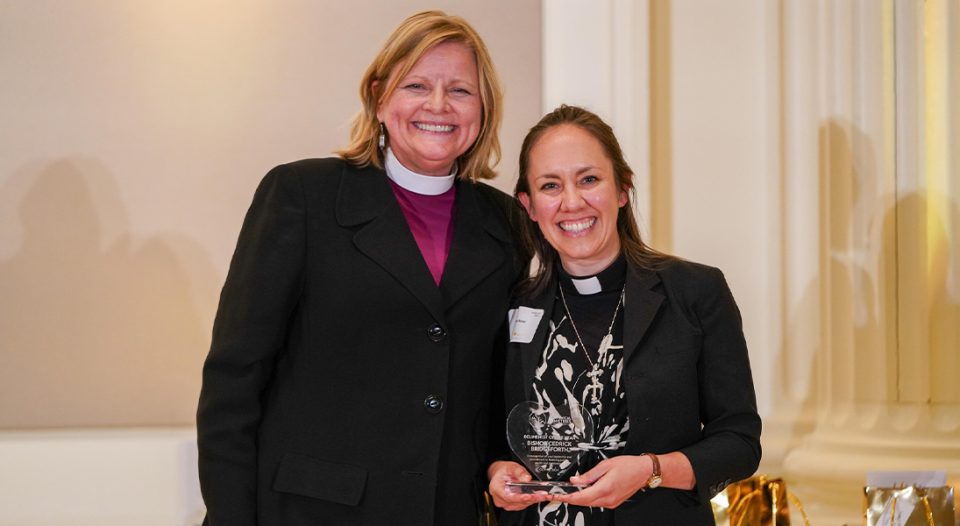Faith-based advocates in Oregon are increasing access to affordable housing through a lesser-known advocacy action.
Last year, the Coos-Curry Housing Authority opted into a Department of Housing and Urban Development (HUD) program that allows low-income renters to use housing vouchers for specific units or bedrooms within existing housing.
Cora Rose, an attorney and an ELCA deacon in the Oregon Synod, took an advocacy lead on pointing to this often-ignored innovation. She organized individuals who knew the housing struggle personally to speak to the Coos-Curry Housing Authority, emphasizing potential positive impacts of opting into the HUD program.
Rose led a similar advocacy effort around making food available to those who are hungry through an existing but infrequently selected option. The SNAP Restaurant Meals Program applies to food sliced in advance, such as fruit or rotisserie chicken from the grocery store. Through the efforts of Rose and others, in 2024 the Oregon state legislature approved a SNAP Restaurant Meals Program Pilot, which specifically assists the elderly, disabled and unhoused.
Oregon recently received attention for the U.S. Supreme Court’s ruling in City of Grants Pass [Ore.] v. Johnson, which upheld a prohibition on sleeping outdoors. But faith-based advocates can still play a vital role in addressing the immediate and long-term needs of the unhoused and hungry, Rose said.
“We always need to clean the wounds and also figure out why people are getting cut,” she said. “The reason why we’re here is to love and serve our neighbors. Advocacy hasn’t been an add-on for me, it’s been the way we love our neighbor in public. It can be difficult to know whether someone is individually called to address the effects of injustice or make a situation more just, but together as the body of Christ we’re called to do both. My hope is we always see these as companion strategies.”






